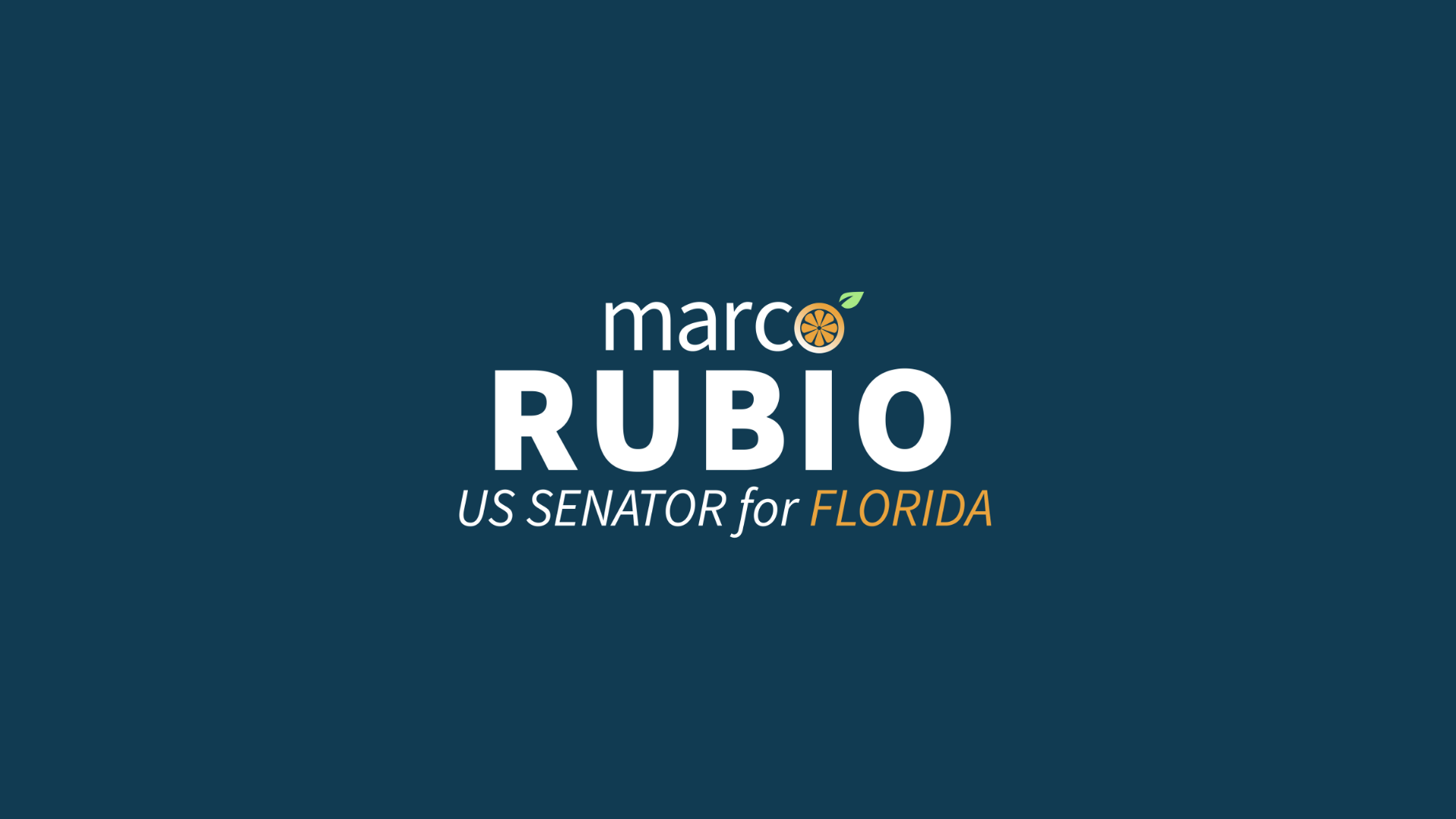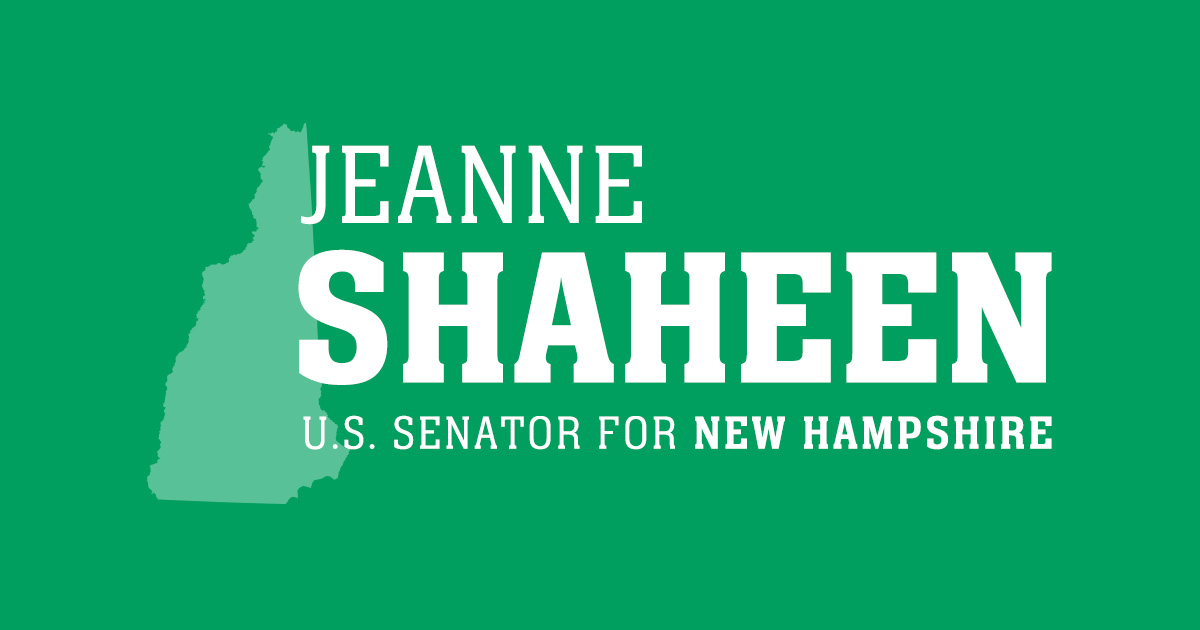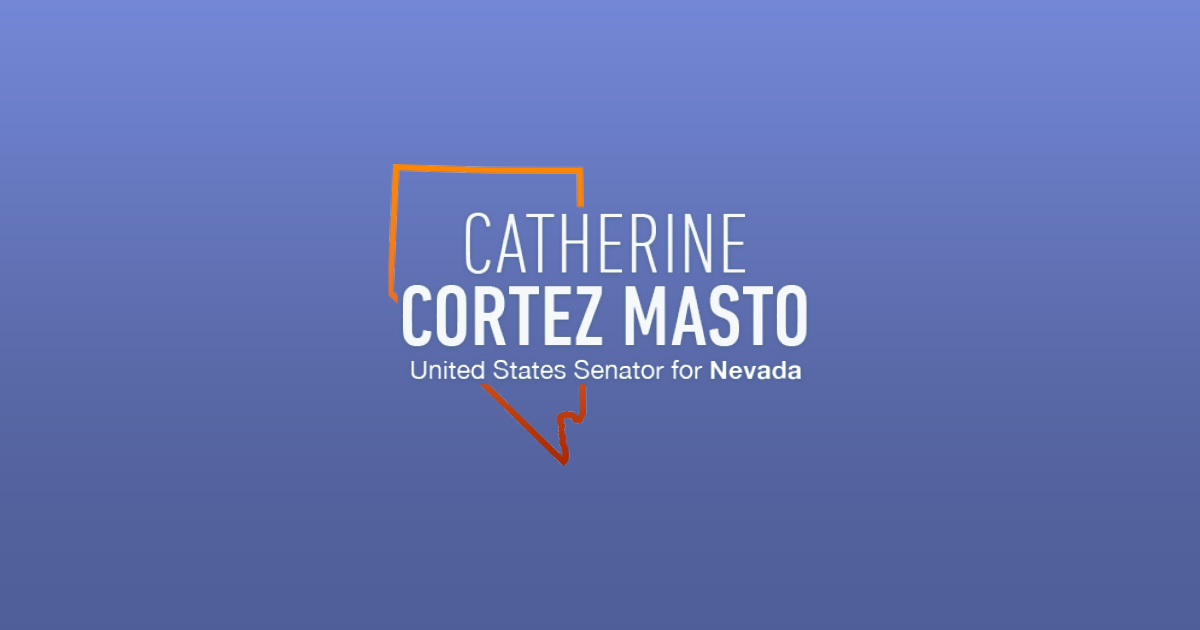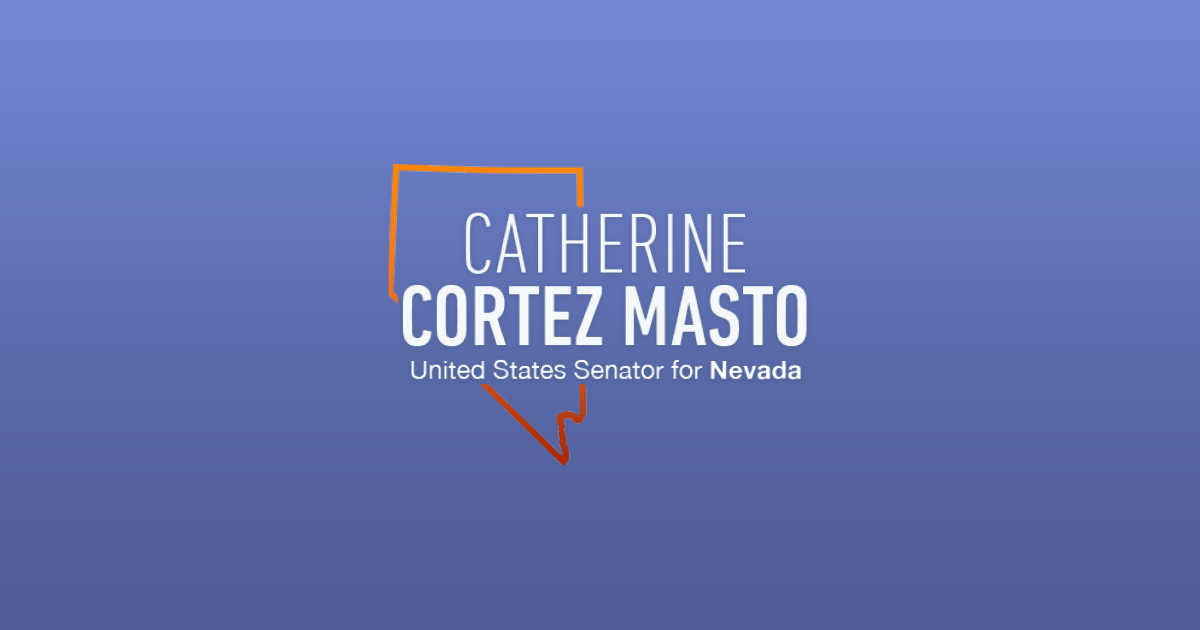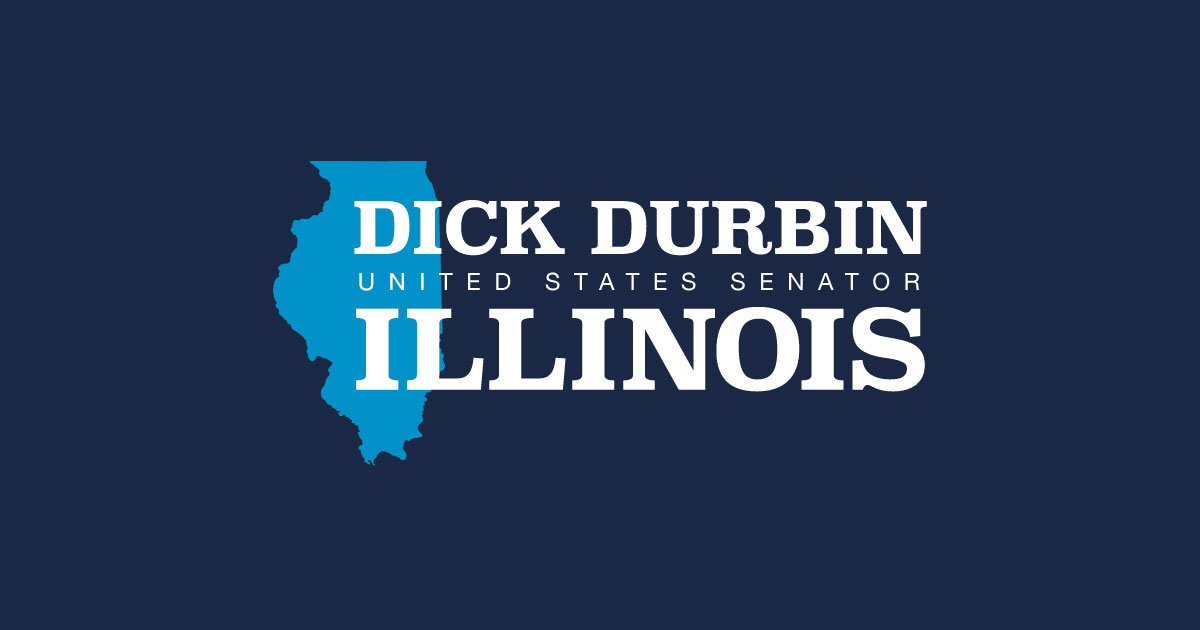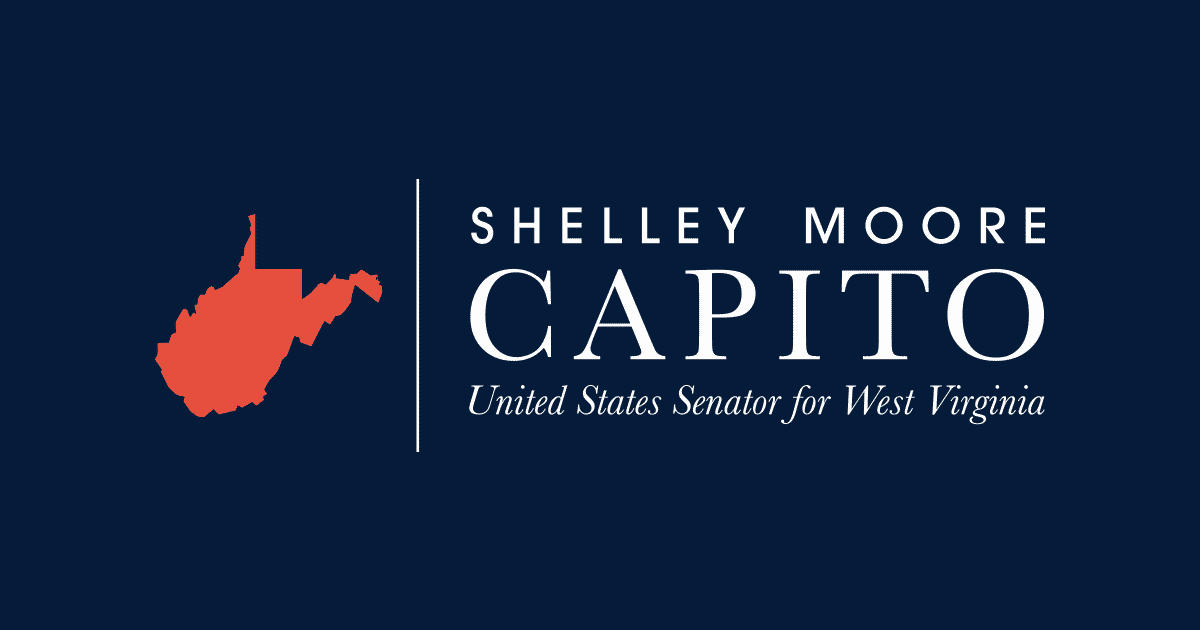Source: United States Senator for Rhode Island Jack Reed
WASHINGTON, DC – With colder weather around the corner and global energy costs projected to rise this winter, U.S. Senators Jack Reed (D-RI) and Susan Collins (R-ME) led a bipartisan coalition of 31 U.S. Senators in urging the U.S. Department of Health and Human Services (HHS) to release funds for the Low-Income Home Energy Assistance Program (LIHEAP) as swiftly and at the highest level possible.
The Senators say the federal LIHEAP funding is a crucial lifeline that assists low-income households and seniors on fixed incomes pay their energy bills and stay safe during the winter.
Reed and Collins, who are leading efforts to include $4 billion for LIHEAP in the fiscal year 2023 appropriations package making its way through Congress, worked with their colleagues to secure $1 billion in emergency funding for the program in the short-term “continuing resolution” (CR) funding package that President Biden signed into law last month. This funding will provide an additional $7 million boost to Rhode Island and $8 million to Maine. Under the CR, HHS will also be able to advance states funding equal to 90 percent of their FY 2022 allocation.
“Given the alarming increase in energy costs that is forecast for this winter, we worked to secure an additional $1 billion in emergency funding for LIHEAP in the recently enacted short term CR. It is critical that this funding, as well as the significant base funding available under
the CR, is distributed as quickly as possible so it reaches these households in time for the winter heating season.” the 31 Senators wrote.
Nationwide, an estimated 5 million households received assistance with heating and cooling costs through LIHEAP in 2021.
Last year, between annual appropriations, the American Rescue Plan Act, and the Bipartisan Infrastructure Law, Senators Reed and Collins led successful efforts to provide a total of $8 billion for LIHEAP nationwide, resulting in $56 million for Rhode Island and more than $90 million for Maine.
Nearly 26,000 Rhode Island households and more than 30,000 Maine households benefitted from LIHEAP last year.
LIHEAP is administered by states and accessed through local Community Action Agencies. Eligibility for LIHEAP is based on income, family size, and the availability of resources.
Senior citizens and those receiving Social Security Disability or SSI benefits are encouraged to apply as early as possible, but applications will be open to everyone through spring of 2023 — or until the funding is exhausted.
In addition to Reed and Collins, the letter was signed by U.S. Senators: Michael F. Bennet (D-CO), Jeanne Shaheen (D-NH), Patrick Leahy (D-VT), Gary C. Peters (D-MI), Elizabeth Warren (D-MA), Chris Van Hollen (D-MD), Richard Blumenthal (D-CT), Robert P. Casey, Jr. (D-PA), Ron Wyden (D-OR), Tina Smith (D-MN), Sherrod Brown (D-OH), Christopher A. Coons (D-DE), Maria Cantwell (D-WA), Edward J. Markey (D-MA), Angus S. King, Jr. (I-ME), Mark Kelly (D-AZ), Christopher S. Murphy (D-CT), Debbie Stabenow (D-MI), Mazie K. Hirono (D-HI), Tammy Baldwin (D-WI), Kirsten Gillibrand (D-NY), Kyrsten Sinema (D-AZ), Joe Manchin III (D-WV), Benjamin L. Cardin (D-MD), Patty Murray (D-WA), Bernard Sanders (I-VT), Dianne Feinstein (D-CA), Amy Klobuchar (D-MN), and Catherine Cortez Masto (D-NM).
Text of the letter follows:
October 14, 2022
The Honorable Xavier Becerra
Secretary
U.S. Department of Health and Human Services
330 C Street, SW
Washington, D.C. 20416
Dear Secretary Becerra:
With the passage of the Continuing Resolution (CR), we write to urge the Department of Health and Human Services to release Low-Income Home Energy Assistance Program (LIHEAP) funds as quickly and at the highest level possible.
As the main federal program that helps low-income households and seniors with their energy bills, LIHEAP provides critical assistance during the cold winter and hot summer months. October marks the start of the heating season for many states, and with temperatures already dropping, low-income families and seniors are feeling additional strains on their household budgets.
Given the alarming increase in energy costs that is forecast for this winter, we worked to secure an additional $1 billion in emergency funding for LIHEAP in the recently enacted short term CR. It is critical that this funding, as well as the significant base funding available under
the CR, is distributed as quickly as possible so it reaches these households in time for the winter heating season.
As such, we request that you immediately release these LIHEAP funds so that low income households do not have to choose between paying for heat and affording other
necessities like food or medicine.
We look forward to continuing to work with you on this critical program, and thank you for your attention to our concerns and those of our constituents.
Sincerely,
